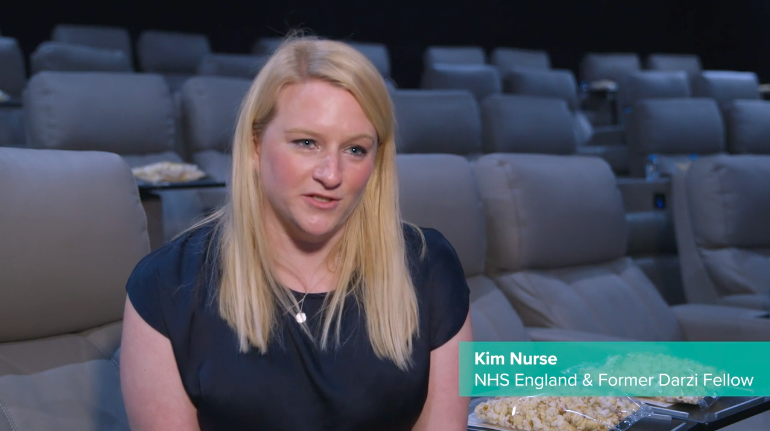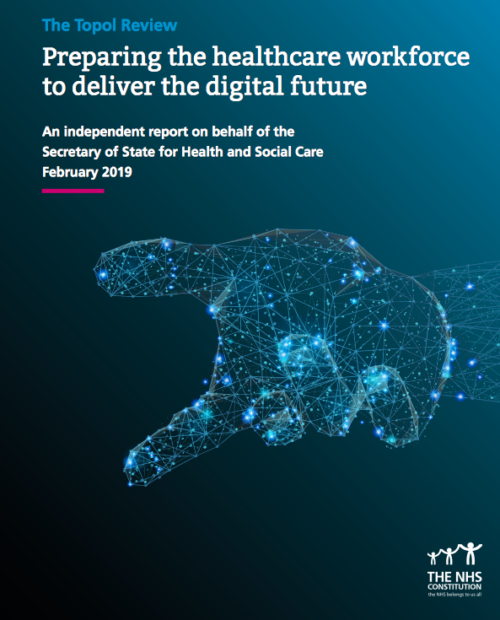Winning films selected as part of Homeward Bound Project
Homeward Bound, an innovative project in which patients, carers and clinicians from across Kingston Hospital Trust worked with local students to create short films that explain the transfer home process for patients who have had prolonged hospital stays, has confirmed it will begin showcasing two of the final films to patients, family and carers.
The Homeward Bound project, funded by the Health Innovation Network, brought together film students from the University of the Creative Arts, along with the hospital’s staff and volunteers, to create a series of original animated short films. The films explained some of the issues and practicalities involved in the discharge process from hospital back home, which can often be an anxious process for people who have experienced prolonged hospital stays. The films were then entered into a competition and the winning two films will now be shown to hundreds of patients and carers across the hospital and wider community as part of the patient discharge process.
The first winning film, the Panel’s Choice, was selected a special screening of the shortlisted films at the VIP Screen in Kingston’s Odeon Cinema by an expert judging panel that included, Jan Ives, Patient and Carer Partner, Bob Suppiah, Director of Promotions and Partnerships at Sky, Sian Bates, Chairman of Kingston Hospital, Sophie Beard, University of the Arts Senior Lecturer, Dr Kim Nurse, NHS England and the Health and Innovation Network’s Director of Digital Transformation, Breid O’Brien.
Breid said: “We’re delighted to have supported this fantastic project that is a great example of real co-production in action; hospital staff working alongside students, carers and patients and everyone involved having an important and equal role to play.
“I think all involved should be incredibly proud of what they managed to achieve with the Homeward Bound project. Ultimately what these films will do is make the transition from hospital to home that bit easier for patients, families and their carers, at a what is a very difficult time in their lives.”
The second winning film, the People’s Choice, was voted on by patients and hospital staff online and was announced at the Kingston Hospital Improvement Seminar. Both winning films uniquely provide information to patients to feel more in control of their departure and return back home more quickly and comfortably.
Both films will soon be shown on television screens around the hospital and made available online too.


